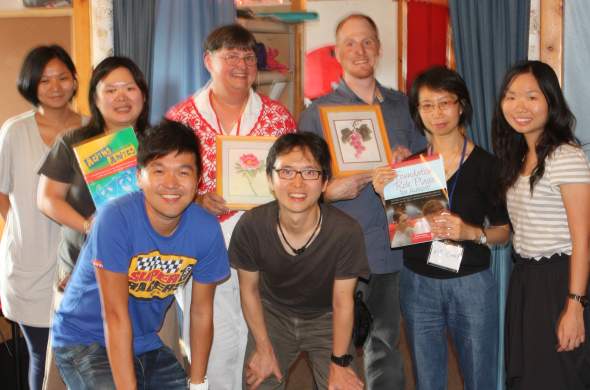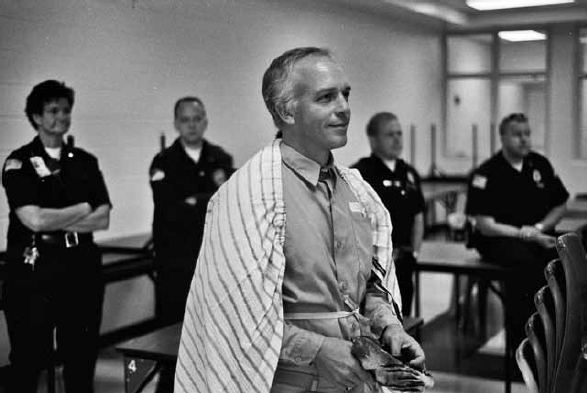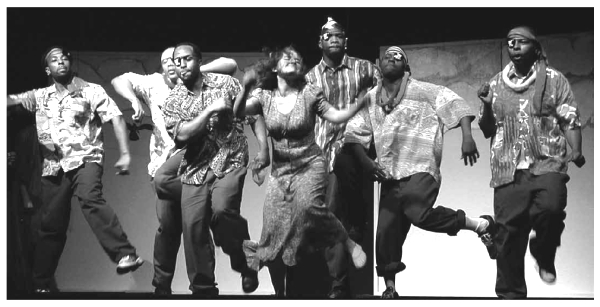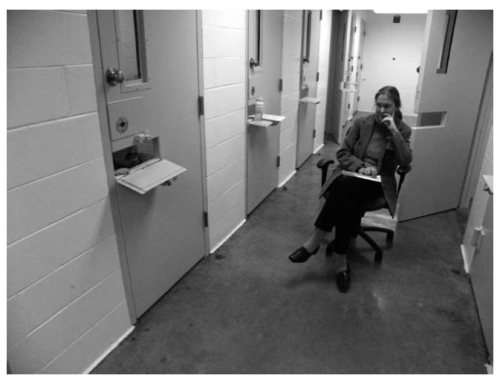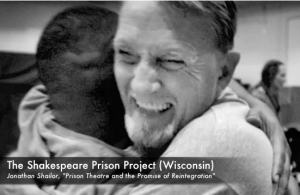Integrating Psychodrama and Systemic Constellation Work – An Interview with Karen Carnabucci
“Psychodrama and systemic constellation work – sometimes called family constellation work – look very similar yet have some specific differences. Psychodrama explores the conscious story that we tell ourselves about what has happened in our lives or what we wish would have happened. Constellation work goes deeper, delving into the distorted unconscious energies in the family system and allows love to flow more fully through the system. Because we may have various levels of consciousness about various parts of our lives and the lives of our family members, it’s helpful to be able to choose different methods for different situations.”



